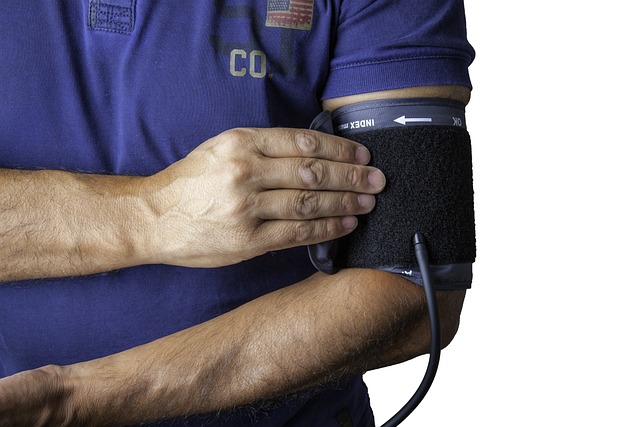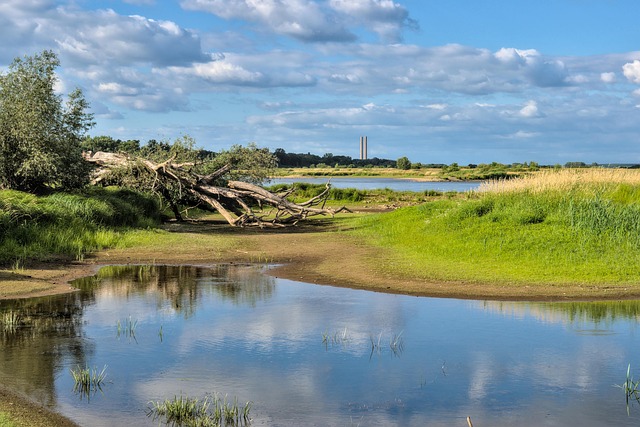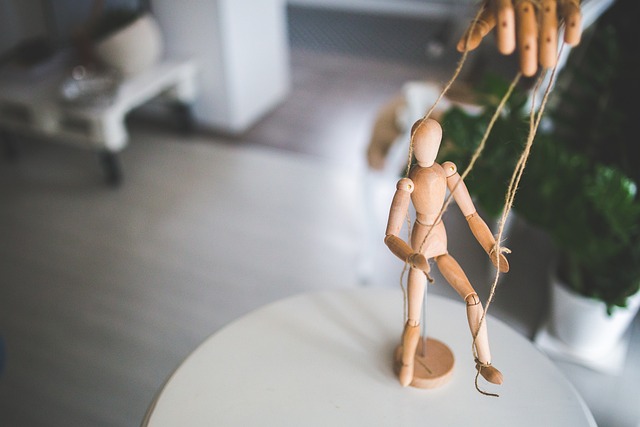Low water pressure, caused by leaks, clogged pipes, or outdated plumbing, disrupts daily activities. While simple fixes like cleaning aerators are DIY-friendly, complex issues like corroded valves or municipal supply problems require professional plumbers for effective, tailored solutions to restore adequate water pressure. Regular maintenance and understanding specific causes are key in preventing and managing low water pressure.
Low water pressure can be a frustrating household issue, but understanding its causes is the first step to finding a solution. From leaks and mineral buildup to outdated pipes, various factors can contribute to this problem. This article guides you through identifying common causes of low water pressure and provides insights on when to tackle it yourself or when to call a professional plumber. By learning simple DIY troubleshooting techniques and knowing when to seek expert help, you’ll be equipped to maintain optimal water pressure.
- Understanding Low Water Pressure: Common Causes
- – Discussing various reasons behind low water pressure, like leaks, mineral buildup, and outdated pipes.
- When to DIY and When to Call a Professional Plumber
Understanding Low Water Pressure: Common Causes

Low water pressure is a common household issue that can disrupt your daily routines, from taking a quick shower to running a load of dishes. Understanding the causes behind this problem is essential before deciding whether to call a plumber or tackle it yourself. The most common causes of low water pressure include leaks in pipes, either due to corroded fittings or broken valves, which can significantly reduce water flow. Another frequent issue is a faulty water pressure regulator that fails to maintain adequate pressure; this may require professional repair or replacement.
Clogged pipes are also a primary culprit, especially if you have older plumbing systems. Sediment buildup and mineral deposits can restrict water flow, leading to reduced pressure throughout your home. In some cases, the problem might be as simple as an aerator on one of your fixtures becoming clogged, which is usually an easy DIY fix. However, issues with main supply lines or severe clogs may necessitate professional intervention.
– Discussing various reasons behind low water pressure, like leaks, mineral buildup, and outdated pipes.

Low water pressure can be a common household issue with various potential causes. From leaks in your plumbing system to mineral buildup, which can clog pipes and reduce water flow, there are several factors that may lead to this problem. Outdated pipes made of older materials, such as copper or cast iron, might also restrict water flow due to corrosion or damage over time.
If you notice a sudden drop in water pressure, it could be an indication of leaks, either from worn-out fixtures or pipes. These leaks can significantly reduce the overall water pressure in your home. Moreover, hard water, rich in minerals, can lead to buildup inside pipes and water heaters, resulting in reduced flow rates. Regular maintenance and checking for these issues are essential to prevent minor problems from turning into more significant, costly repairs.
When to DIY and When to Call a Professional Plumber

Low water pressure can be frustrating, but before you call a plumber, it’s important to understand if it’s a DIY fix or professional assistance you need. In many cases, causes of low water pressure can be easily identified and resolved by homeowners, such as issues with aerators, sediment buildup in pipes, or faulty showerheads. If turning off the main water supply and checking for leaks doesn’t resolve the issue, it might indicate a more complex problem like a burst pipe, corroded valves, or issues with your water heater.
While some minor plumbing repairs can be tackled yourself, complex problems often require professional expertise. If you’ve tried basic troubleshooting without success, or if your pressure remains low after clearing blockages, it’s time to call a plumber. They have the tools and knowledge to diagnose issues like faulty pressure regulators, leaks in larger pipes, or even problems with your municipal water supply. Additionally, professionals can provide recommendations tailored to your specific plumbing setup, ensuring long-lasting solutions for consistent water pressure.
Low water pressure can be frustrating, but understanding its causes—from leaks and mineral buildup to outdated pipes—empowers you to take action. If the issue is minor, such as a simple clog or a leaky faucet, tackling it yourself can save time and money. However, if the problem persists or involves complex plumbing systems, it’s best to call a professional plumber. They have the expertise and tools to diagnose and resolve more severe Causes of Low Water Pressure, ensuring your home’s plumbing is in top shape.
